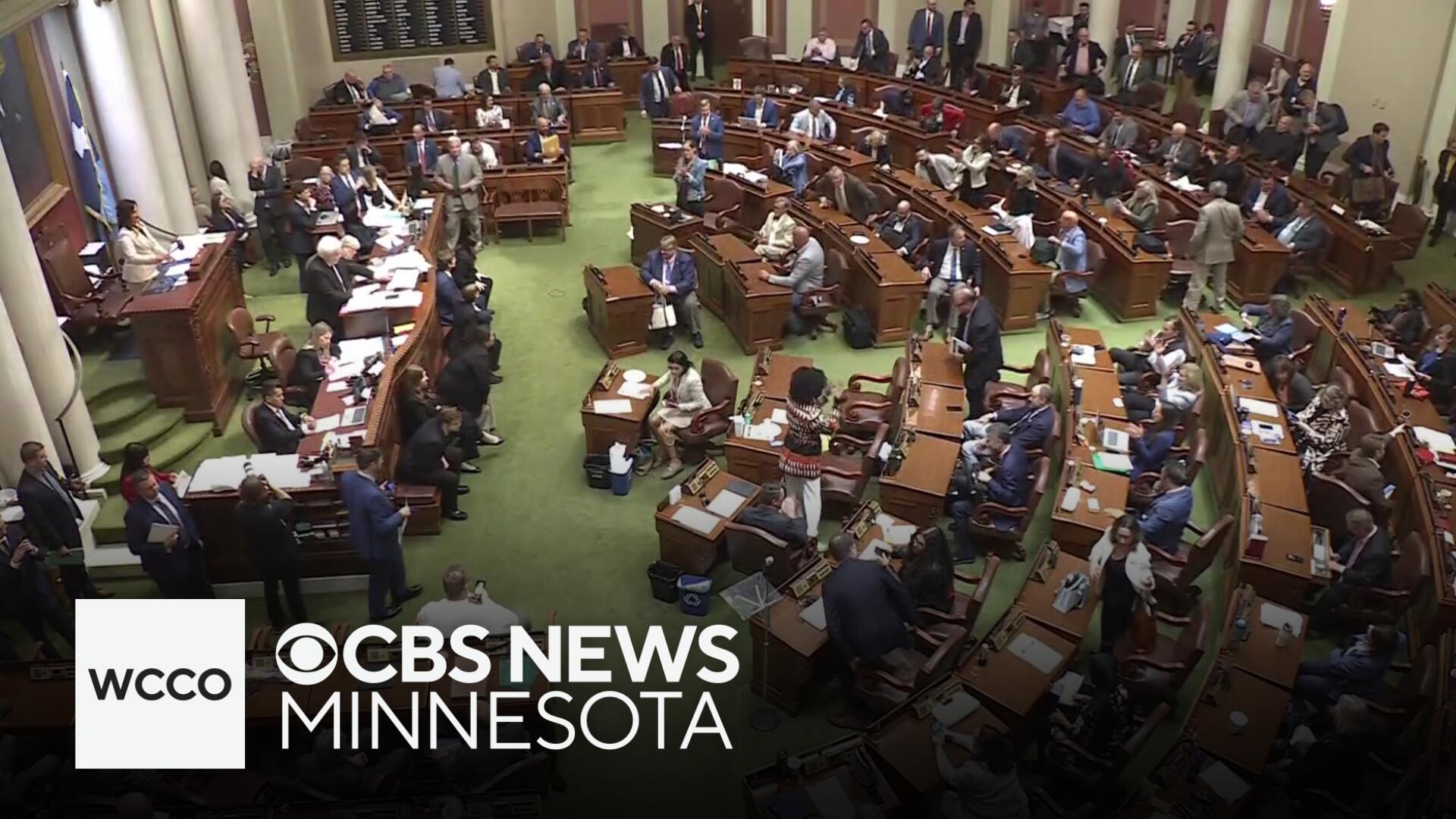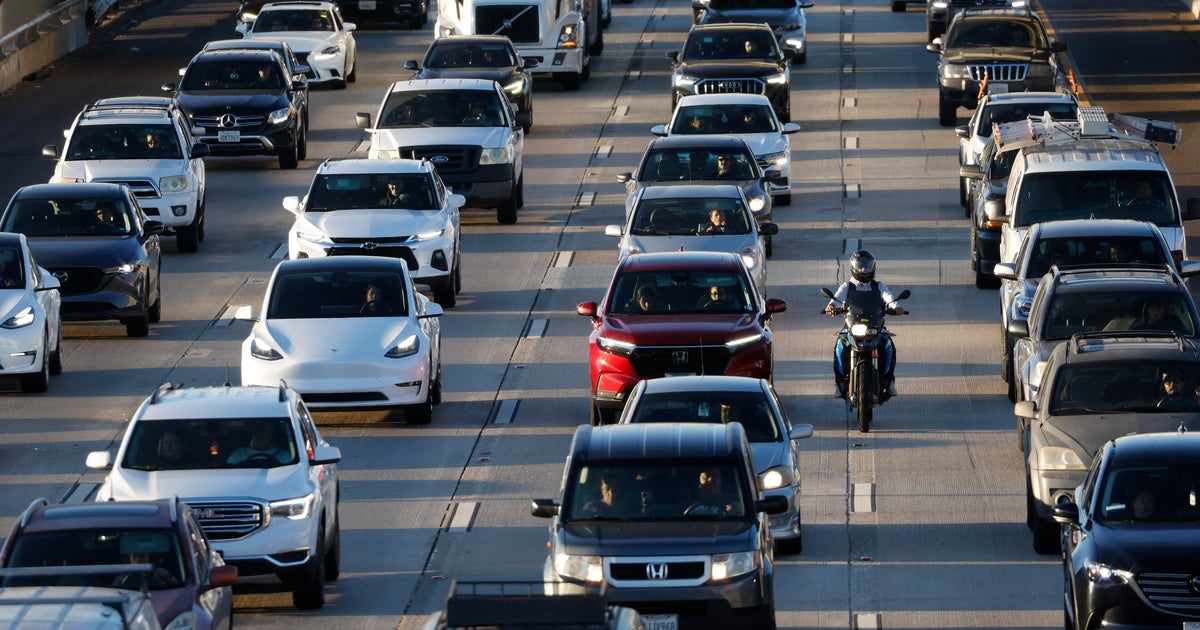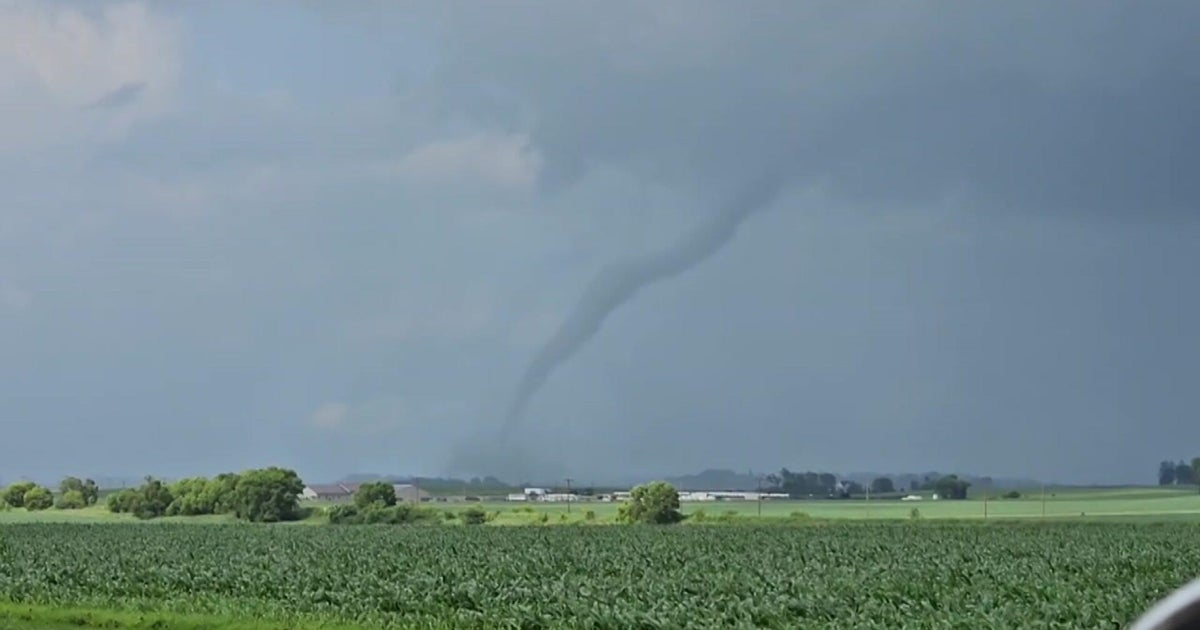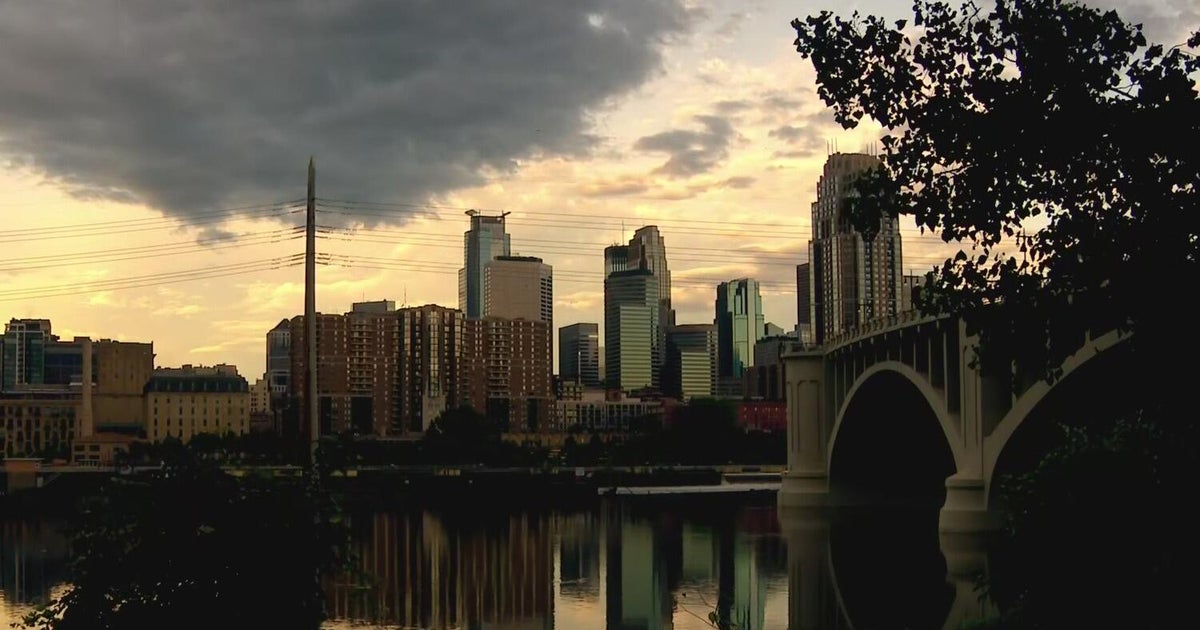Boat permits, state constellation, anti-fraud measures: New Minnesota laws that take effect July 1
The Minnesota Legislature had a one-day June special session to complete the next $66 billion two-year state budget funding the state government and its programs and services. That spending kicks in July 1, along with a slate of new policies.
The political makeup of the capitol is unique with a tied House for only the second time in state history. It's as closely divided as a Legislature can be in Minnesota — with 100 Republicans and 101 Democrats — which forced compromise.
Here's a list of some of the new laws that take effect Tuesday:
Boat permit requirements
A bill approved two years ago takes effect Tuesday, requiring Minnesotans 21 and younger to have an operator's permit in order to drive a motorboat. That will expand to more age groups over the next several years.
Anyone who rents a boat — regardless of their age — will need a permit, too.
Anti-fraud measures
In wake of high profile scandals like the Feeding Our Future scheme, the Legislature approved changes to increase oversight of public programs and prevent fraud.
Under a new law, state agencies are allowed to withhold funding to organizations receiving state dollars for up to 60 days if there is significant evidence to suggest they have committed fraud. There is new training required for certain employees administering state grants and there are increased protections for whistleblowers who report wrongdoing.
Lawmakers stopped short of passing an Office of Inspector General, an independent government watchdog agency, despite bipartisan support.
Cannabis tax increase
The gross receipts tax on cannabis sales increases from 10% to 15% before the legal adult-use market launches, despite pushback from the industry and advocates. It also applies to sales of hemp-derived THC edibles and beverages, which are already available on store shelves.
New state symbols
Minnesota has a state bird, drink, fish, flower and more. Now the giant beaver joins as the state fossil, which got the most support when the Science Museum of Minnesota conducted a poll four years ago, according to the Legislative Reference Library.
The Legislature also approved Ursa Minor, the "Little Dipper," as the state constellation. One of its stars is Polaris, "the North Star."
Lane splitting for motorcycles
Motorcyclists in Minnesota will be able to get through traffic jams a little quicker under a new law. Both "lane splitting" and "lane filtering" are legal starting Tuesday under certain circumstances.
When there are two or more lanes of traffic going in the same direction, a motorcyclist can pass a vehicle in the same lane but no more than 25 miles per hour.
Panel to find savings in special education
Lawmakers are trying to pump the brakes on growing special education transportation costs, one of the largest drivers of a gap between spending and revenues that could lead to a deficit in future years. They trimmed how much districts are reimbursed by the state for those services — from 100% to 95% — and established a Blue Ribbon Commission on Special Education to find more savings in the next budget.
Its charge is to "develop and present to the legislature and the governor an action plan for transforming special education services while maintaining a free appropriate public education for students with disabilities" by Oct. 1 of next year.
Expanding access to opioid overdose-reversal drug
Following a recent law requiring doses of opioid overdose-reversal drug naloxone in K-12 school buildings, the Minnesota Legislature authorized high school students to administer naloxone to other students as needed. Schools that are part of the Minnesota State system are required to keep a supply of at least two doses of the opiate antagonist in residential buildings.
The Board of Regents governing the University of Minnesota are requested to implement the same policy.





